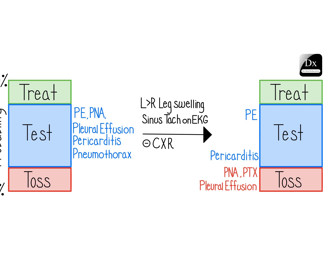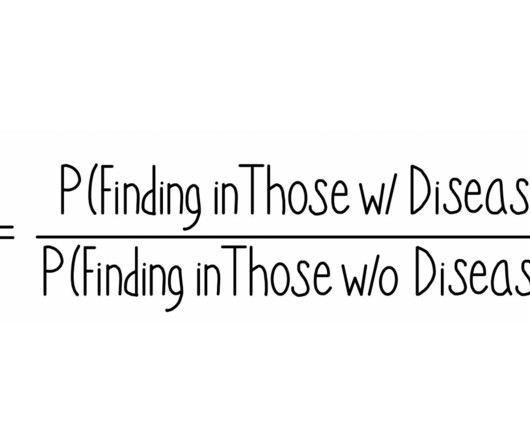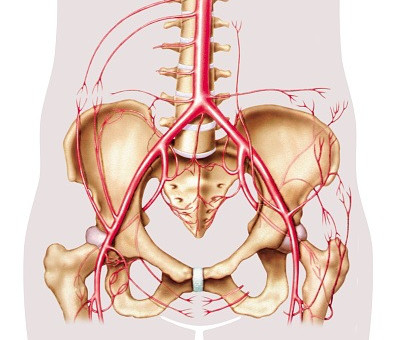Clinical Reasoning Corner: Pre and Posttest Probability – Jack Penner
The Clinical Problem Solvers
OCTOBER 23, 2019
For our first post, we are going to talk about two concepts that help us decide whether we treat, test for, or toss specific diagnoses (i.e., Let’s practice with a case: You are called to admit a 72 year-old woman with hypertension, diabetes, and knee replacement seven days prior who presents with acute, pleuritic chest pain and dyspnea.













Let's personalize your content